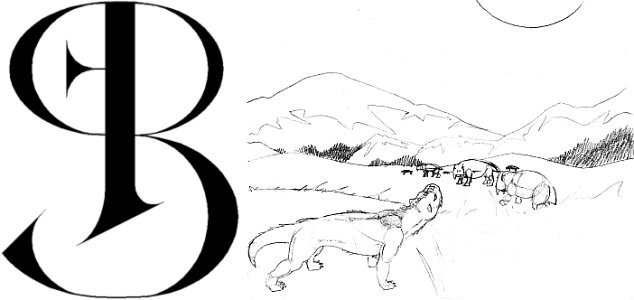Ethan Gilsdorf's
Salon article starts out looking at D&D as simply generation X nostalgia, but then explores the important impact roleplaying has had on the character of that generation.
Then he wonders about generation Y:
But like so many people my age, I miss that Friday night realm of paper and pencil. That camaraderie, that connection to open-ended storytelling. D&D was an experience we made for ourselves, for each other. Was D&D then a "better" imaginative experience than "World of Warcraft" today? I like looking back on my primitive game and scoff at these younger generations of video gamers. All I needed to "immerse" myself in fantasy worlds were pencils and paper, not PlayStation consoles and pixels, I snort.
The RPG store in my hometown is filled with teenagers playing RPGs. I am the only generation X-er in my D&D group. Obviously young people have a flexible schedule and spend a lot of time hanging out with their friends, but I suspect that D&D is even more popular with generation Y than it was with generation X.
WoW - at best - is a gateway drug - like the Lord of the Rings movies (which I heard have been made into a series of books :-) WoW is essentially just a cheezily polygonned version of Mafia Wars - and it's not even integreated with Facebook. WoW borrows some tactics and thematic elements from D&D, but even the most sophisticated WoW clans don't approach the shared creative experience of a typical D&D group.
Roleplaying games teach you how to look at the world as a common experience, created by peers who embody various complementary virtues. This worldview is nearly absent from the baby boomer generation which sees the world in terms of utilitarian bottom-lines and kantian moral paradoxes.
People who lived through the austerity of the Great Depression or the generations before them know a little more about creativity and character than the baby boomers, but I think the worldview of the rising generation has more in common with the Renaissance or the ancient Greek philosophers, sharing with those thinkers an interest in how human virtues transform the world, but with a thousand times as many people participating.
The tabletop is the new studio and the new gymnasium, but without the nudity :-)
 Just as humans build anthropomorphic robots that look like people, so intelligent dinosaurs might make dinosaur-like golems. These golems are based on spider biology, but they have reptilian skin, legs that jut downward from the body like a dinosaur, and pedipalps modified into arms with grasping claws.
Just as humans build anthropomorphic robots that look like people, so intelligent dinosaurs might make dinosaur-like golems. These golems are based on spider biology, but they have reptilian skin, legs that jut downward from the body like a dinosaur, and pedipalps modified into arms with grasping claws. Of course a spider golem doesn't have to be shaped like a spider. The shaggy spider golem on the left has four legs. One of the missing legs has been replaced by a circular attachment point for modular biomechanical components.
Of course a spider golem doesn't have to be shaped like a spider. The shaggy spider golem on the left has four legs. One of the missing legs has been replaced by a circular attachment point for modular biomechanical components.


